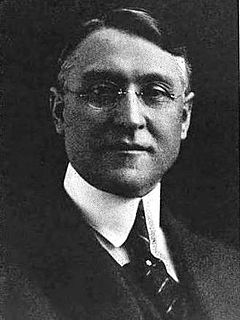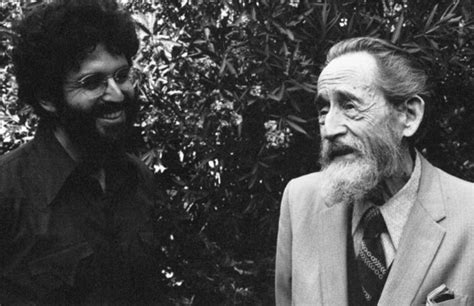A Quote by Albert E. Bowen
The only security lies in individual, personal honesty, The law cannot make people honest.
Related Quotes
To me, marriage is a dead thing. It is an institution, and you cannot live in an institution; only mad people live in institutions. It is a substitute for love. Love is dangerous: to be in love is to be in a storm, constantly. You need courage and you need awareness, and you are to be ready for anything. There is no security in love; love is insecure. Marriage is a security: the registry office, the police, the court are behind it. The state, the society, the religion - they are all behind it. Marriage is a social phenomenon. Love is individual, personal, intimate.
It is with great satisfaction that I have signed into law the Social Security Amendments of 1961. They represent an additional step toward eliminating many of the hardships resulting from old age, disability, or the death of the family wage-earner. A nation's strength lies in the well-being of its people. The Social Security program plays an important part in providing for families, children, and older persons in time of stress, but it cannot remain static. Changes in our population, in our working habits, and in our standard of living require constant revision.
God help us, ma'am! Do you see what we saw? We saw that we'd been given a law to live by, a moral law, they called it, which punished those who observed it - for observing it. The more you tried to live up to it, the more you suffered; the more you cheated it, the bigger reward you got. Your honesty was like a tool left at the mercy of the next man's dishonesty. The honest ones paid, the dishonest collected. The honest lost, the dishonest won. How long could men stay good under this sort of a law of goodness?
One of the most commonly overlooked spiritual practices is daring to be completely honest with everyone you encounter. Some may say others cannot handle their honesty, but true honesty is not a strategy or a weapon of any kind. It is the willingness to be open and absolutely transparent in sharing how any moment feels in your heart. It has nothing to do with confrontation, accusation, or any form of blame. True honesty is the willingness to stand completely exposed, allowing the world to do what it may, and say what it will, only so you may know who you are - beyond all ideas.
We cannot afford to differ on the question of honesty if we expect our republic permanently to endure. Honesty is not so much a credit as an absolute prerequisite to efficient service to the public. Unless a man is honest, we have no right to keep him in public life; it matters not how brilliant his capacity.
In war, in some sense, lies the very genius of law. It is law creative and active; it is the first principle of the law. What is human warfare but just this, - an effort to make the laws of God and nature take sides with one party. Men make an arbitrary code, and, because it is not right, they try to make it prevail by might. The moral law does not want any champion. Its asserters do not go to war. It was never infringed with impunity. It is inconsistent to decry war and maintain law, for if there were no need of war there would be no need of law.
National security is a really big problem for journalists, because no journalist worth his salt wants to endanger the national security, but the law talks about anyone who endangers the security of the United States is going to go to jail. So, here you are, especially in the Pentagon. Some guy tells you something. He says that's a national security matter. Well, you're supposed to tremble and get scared and it never, almost never means the security of the national government. More likely to mean the security or the personal happiness of the guy who is telling you something.






























